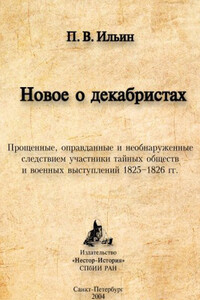Английский язык для специальных и академических целей: Международные отношения и зарубежное регионоведение. Часть 1 | страница 10
Consider too the role of the British Empire in facilitating capital export to the less developed world. Although some measures of international financial integration seem to suggest that the 1990s saw greater cross-border flows than the 1890s, in reality much of today's overseas investment goes on within the developed world. In 1996 only 28 per cent of foreign direct investment went to developing countries, whereas in 1913 the proportion was 63 per cent. Another, stricter measure shows that in 1997 only around 5 per cent of the world stock capital was invested in countries with per capita incomes of 20 per cent or less of US per capita GDP. In 1913 the figure was 25 per cent. A plausible hypothesis is that empire — and particularly the British Empire — encouraged investors to put their money in developing economies. The reasoning here is straightforward. Investing in such economies is risky. They tend to be far away and more prone>1 to economic, social and political crises. But the extension of empire into the less developed world had the effect of reducing such risks by imposing, directly or indirectly, some form of European rule. In practice, money invested in a de jure British colony such as India (or a colony in all but name, like Egypt) was a great deal more secure than money invested in a de facto ‘colony' such as Argentina.
Speak Up
Unit I. UK: from Empire to Democracy
For all these reasons (see text A), the notion that British imperialism tended to impoverish colonised countries seems inherently problematic. That is not to say that many former colonies are not exceedingly poor. Today, for example, per capita GDP in Britain is roughly twenty-eight times what it is in Zambia, which means that the average Zambian has to live on something less than two dollars a day. But to blame this on the legacy of colonialism is not very persuasive, when the differential between British and Zambian incomes was so much less at the end of the colonial period. In 1955 British per capita GDP was just seven times greater than Zambian. It has been since independence that the gap between the coloniser and the ex-colony has become a gulf. The same is true of nearly all former colonies in sub-Saharan Africa, with the notable exception of Botswana.



